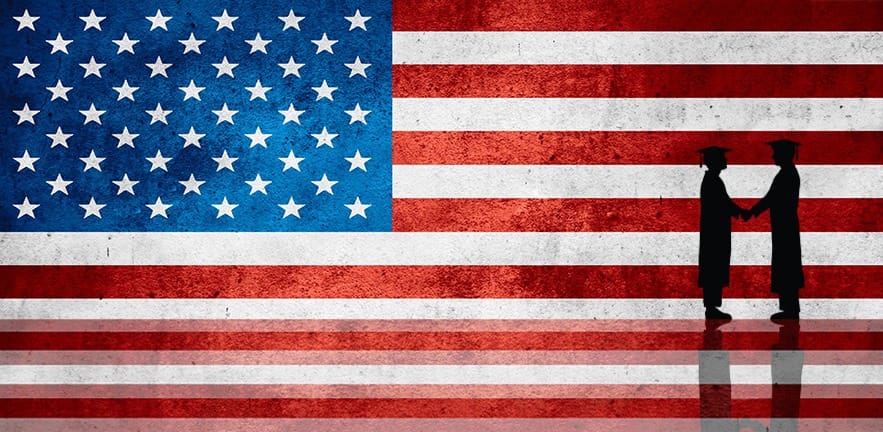Companies whose directors are connected to winning US gubernatorial candidates increase in value and are more likely to receive state subsidies, loans and tax credits, says new study co-authored at Cambridge Judge Business School.
The late Speaker of the US House of Representatives, Thomas P. “Tip” O’Neill, famously said that “all politics is local.”
A new study co-authored at University of Cambridge Judge Business School finds that this applies big time to companies whose directors have connections to winning US gubernatorial candidates.
Local companies whose directors have connections (measured by college alumni ties) to the winning US gubernatorial candidates over an 11-year period (1999 to 2010) enjoyed increased value and are more likely to benefit from state subsidies, loans, and tax credits. These local firms also secure better access to bank loans, with lower interest rates, and enjoy better long-term performance.
Twelve states hold gubernatorial elections in November 2016: Delaware, North Carolina, New Hampshire, Vermont, West Virginia, Indiana, Missouri, North Dakota, Montana, Utah, Washington and Oregon.
“Many studies have focused on the internal role of directors in corporate governance, but this study looks instead at how directors’ external social networks impact firm value and decisions,” says co-author Bang Dang Nguyen, University Lecturer in Finance at Cambridge Judge. “The study shows clearly the benefits of having directors with connections to winning gubernatorial candidates.”
On or just after Election Day, local firms connected to the gubernatorial winner saw market capitalisation gains of 4.1 per cent above local firms connected to a closely defeated contender – amounting to an increase in firm value of $212 million for the average firm in the study’s sample of 516 publicly listed US companies (connected to 483 directors), with an average market capitalisation of $5.16 billion and 13,830 employees.
One year and three years after the election, such firms enjoy stock returns that are, respectively, 13 per cent and 22 per cent higher than firms connected to the losing candidate – a difference the study terms “both statistically significant and economically important.”
Firms connected to the winning gubernatorial candidate are 5.6 per cent more likely to receive tax credits, amounting on average $330,000 higher than firms connected to the loser in the four years following the election. One year following the election, the average firm with directors connected to a narrowly winning candidate obtained $233 million in loan facility above the average firm connected to the loser, and after three years enjoy interest rates that are 0.4 per cent lower on its entire borrowing.
The study also underlines that these various benefits are “concentrated on connected firms” rather than spread to other companies in the same industry – showing that the benefits are firm specific rather than related to broader lobbying activity.
The study looked at 157 gubernatorial elections, focusing specifically on 34 closely contested elections with a final margin of less than five per cent between the top two candidates – because tight contests provide a better test of the benefits from election victory, given that landslide victors presumably have more high-powered connections.
Among the well-known names featured in some of those tight contests are New Jersey Governor Chris Christie of University of Delaware, who in 2009 was elected by 52-48 per cent over his top challenger; Ohio Governor and current presidential candidate John Kasich of Ohio State University, who in 2010 won by a margin of 51-49 per cent; and former Arizona Governor (and later Secretary of Homeland Security) Janet Napolitano of Santa Clara University and the University of Virginia, who was elected in 2002 by 50.5-49.5 per cent.
The sample of local connected firms was compiled by identifying companies having at least one director who graduates within a five-year difference from the same university campus and the same degree as one of the close election’s contenders, and is headquartered in the election state or within 500 miles of that state’s capital.
The study looked at college ties because educational links are readily verifiable, play an important role in US society, and are broadly representative of directors’ social ties – so the results can be broadly generalised to other networks of directors.
The study – entitled “Directors as connectors: the impact of the external networks of directors on firms” – is co-authored by Quoc-Anh Do of Sciences Po in Paris, Yen-Teik Lee of Shanghai University of Finance and Economics, and Bang Dang Nguyen of University of Cambridge Judge Business School.


